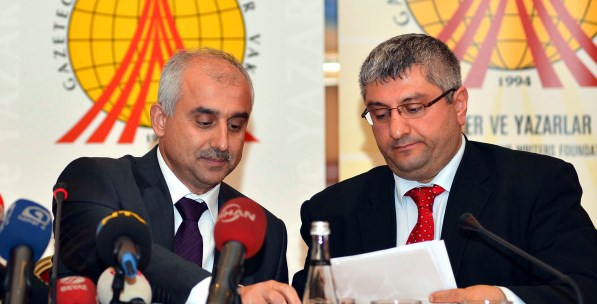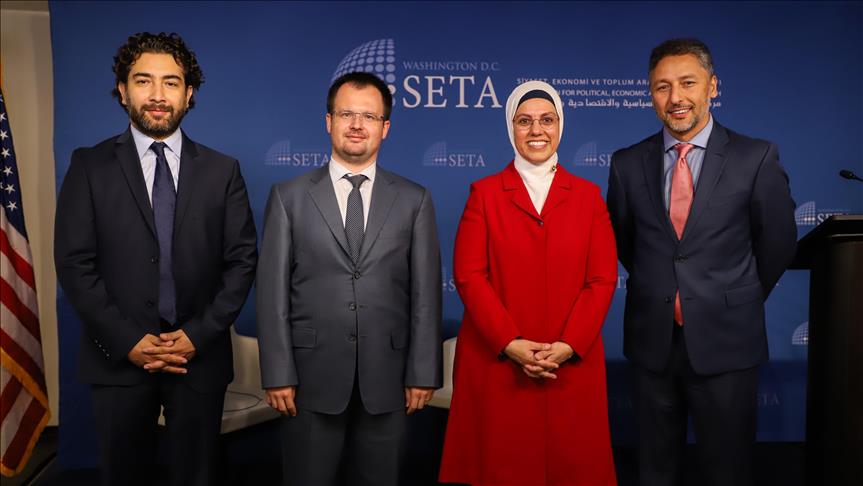Every election in Turkey brought with it a new political landscape, agenda and alliances. After the latest local elections, there are two key issues on everyone's lips: the presidential elections and combating the parallel structure.
This piece will focus on the latter issue.
The March 30 local elections were different from previous elections in that the opposition coalition attempted to discredit the governing AK Party through claims of corruption and authoritarianism via material provided by the Gülen Movement. The AK Party campaign was built, in return, on the discourse of danger presented by the parallel structure's guardianship, espionage and treason. In the group meeting last Tuesday, Prime Minister Recep Tayyip Erdoğan interpreted the election results to mean the people want the parallel structure to be combatted. He also stressed this would be done in a democratic manner. With the arrests made at the Turkish national police bureaus in Adana and Ankara, the legal struggle with the parallel structure began.
Charges of illegal wiretapping, espionage and treason indicate this process will continue for some time. The social dimension of the struggle against the parallel structure will depend on how the Gülen Movement will transform itself. When considering the movement's higher ranks and their evaluation of the Dec. 17 process and the March 30 elections, any type of reckoning or internal criticism cannot be found. Among the people who belong to the movement, an inclination toward self-righteousness and a radical opposition whose discourse is becoming more religious can be perceived. Thus, this necessitates an analysis of the obstacles that stand in the way of the Gülen Movement's transformation.
The first obstacle is the party's inability to correctly assess the outcome of the power struggle with the AK Party and Erdoğan.
During this struggle, the Gülen Movement lost its credibility of religious legitimacy, its most important capital. This tutelary and radical opposition toward a party and leader with large religious credibility among Islamist movements in Turkey backfired. In Islamic circles, including other groups of the Nur Movement, the Gülen Movement has drawn heavy criticism. These criticisms can be summarized along the lines of having moved away from being Turkey-centric, becoming the instrument of international circles that are anti-Turkey, putting the benefit of the movement ahead of the good of the Islamic community and losing its reliability and sense of justice. Before Dec. 17, the Gülen Movement did not pay much credence to its standing among other Islamic groups.
In fact, by using the opportunity spaces provided by the AK Party government, the movement drew criticism for occupying these spaces in a hegemonic manner.
The criticism leveled at the Gülen Movement during Erdoğan's election rally speeches after Dec. 17 had a permanent negative effect. Many within the Islamic community condemn the Gülen Movement for becoming a tool for non-Islamic interests. The erosion of legitimacy the movement experienced may drive it to use an even more religious rhetoric. This will most likely strengthen the connections of those who belong to the movement even more. However, this rhetoric will be seen as the overutilization of religion by other Islamist groups.
The criminalization of the Gülen Movement in the context of the struggle with the parallel structure might conclude with the other-ization of the movement. This otherization may cause the Gülen Movement to radicalize even more its religious understanding.
This in turn would only solidify the belief that the movement is behaving in a manner outside of the boundaries of Islam in Turkey. Another obstacle in the transformation of the Gülen Movement is its powerful organizational capacity and its transnational networks. These networks not only work to protect the schools in over 150 countries, but also to strengthen the awareness and willpower of the









